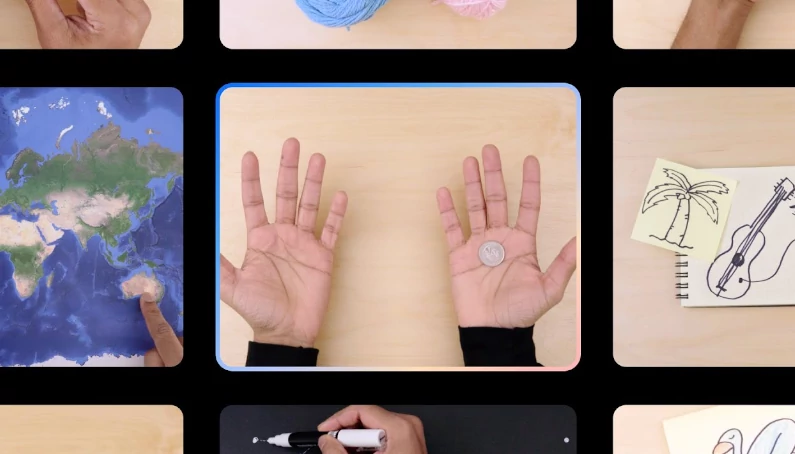Category: AI
-
Samsung Galaxy S24 introduces Google’s “Circle to Search” for instant screen searches
“Circle to Search” and the updates to Google Lens represent a significant step forward in human-technology interaction, offering an increasingly smooth and intuitive user experience. In the increasingly interconnected world of mobile technology, Samsung and Google are taking a significant step forward with the introduction of the new “Circle to Search” feature on the Samsung…
Written by

-
The Revolutionary Impact of Artificial Intelligence in Science: Lila Ibrahim of Google DeepMind
In the fascinating context of the World Economic Forum in Davos , Lila Ibrahim, Chief Operating Officer of Google DeepMind, shared with Axios’ Alison Snyder a thought-provoking perspective on the role of artificial intelligence (AI) in science. According to Ibrahim, AI is offering a “completely different understanding of what exists” and is revolutionizing fields such…
Written by

-
Is Google’s Artificial Intelligence in hospitals more humane than doctors?
In a recent study, Google researchers say they have developed artificial intelligence (AI) that surpasses real doctors in accuracy and empathy, raising questions about the potential humanity of AI in healthcare. Google AI development The company has created an advanced language model called AMIE (Articulate Medical Intelligence Explorer) , powered by real data from medical…
Written by

-
Controversy over Gemini AI: Google admits misleading demonstration video
Mountain View December 8, 2023 – Google is at the center of an artificial intelligence controversy after admitting that a Gemini AI demonstration video was doctored to exaggerate the capabilities of competitor GPT-4. On Wednesday, Google released a demonstration video titled “Hands-on with Gemini: Interacting with multimodal AI,” which appeared to showcase the new Gemini…
Written by

